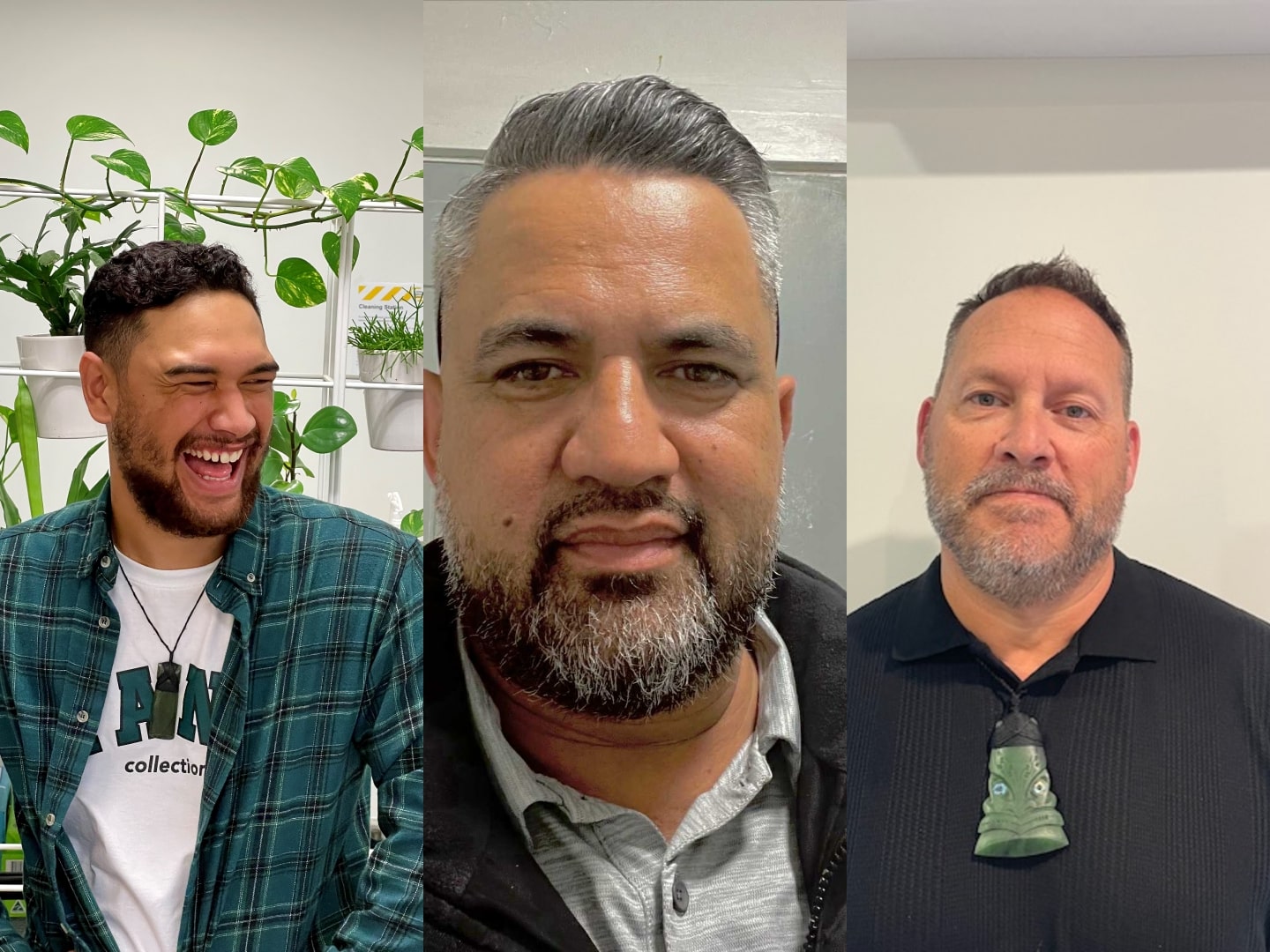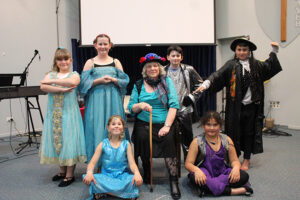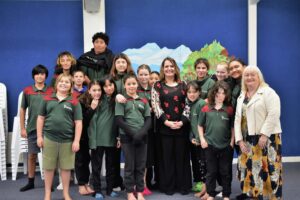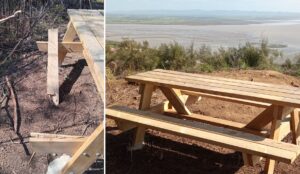Māori wards have been scrapped from future Hauraki and Thames-Coromandel district councils, but for the next three years, kotahitanga “remains the way forward”.
At the October local body elections, 3291 people in Hauraki and 6995 people in Thames-Coromandel voted to remove Māori wards – a majority in both districts.
Thames-Coromandel’s elected representative Michael Barlow [Ngāti Maru, Ngāti Hikairo, and Ngā Puhi] said he was “deeply saddened” by the result, not just in his district, but in Hauraki and Matamata-Piako as well.
“It’s a tough result to accept, especially knowing how much heart and history sits behind the kaupapa,” he said. “For many of us, this ward wasn’t just about representation, it was about honouring voices that have long been silenced and creating space for genuine partnership.”
Cr Barlow said while the decision was disappointing, it didn’t change the commitment he’d made to his communities.
“Kotahitanga [unity] remains the way forward. I’ll continue to advocate for our voices to be heard and respected, and to ensure that our whānau, hapū, and iwi are meaningfully included in decision-making. This term will be shaped by resilience and unity.
“We may have lost the ward,” he said, “but we haven’t lost the vision.”
Following the October 11 elections, voters from 24 out of 42 councils across the country chose to dismantle Māori wards for the 2028 and 2031 elections.
The binding poll came as part of recent legislative changes made by central government, in which all councils with Māori wards were required to ask voters whether those wards should remain or be removed.
Des Tyler [Ngati Hako, Ngati Tamatera], elected as one of the Te Pakikau O Te Ika Māori ward councillors for Hauraki, believed people did not fully understand the referendum.
“I am disappointed that we don’t get to keep the Māori wards after 2028, which also saddens me as I truly believe that we need to be there,” he said.
“To be honest, I think people just didn’t understand what the referendum was all about as there was so much negativity around the country around Māori wards, and unfortunately people believed and brought into the negativity.
“I know the next three years are going to be a challenge, but I know by 2028 people will see just how important Māori wards are.”
Hauraki’s second Māori ward councillor Rereahu Collier [Ngāti Porou, Ngāti Tamaterā] said while he initially had mixed emotions about the outcome, he wanted to emphasise the importance of the impact his role could have in the coming term.
He was motivated to engage with Māori communities in places they were empowered, he said.
“What is reassuring to see in the results however, is the amount of support that Māori wards had from our whānau and allies alike. That is an indicator to me that our communities understand the importance of shared power and equitable voices. While the result didn’t go our way, it is still on a positive trajectory and I hope to build on that over the next three years. There is still work to be done.”
BY KELLEY TANTAU





